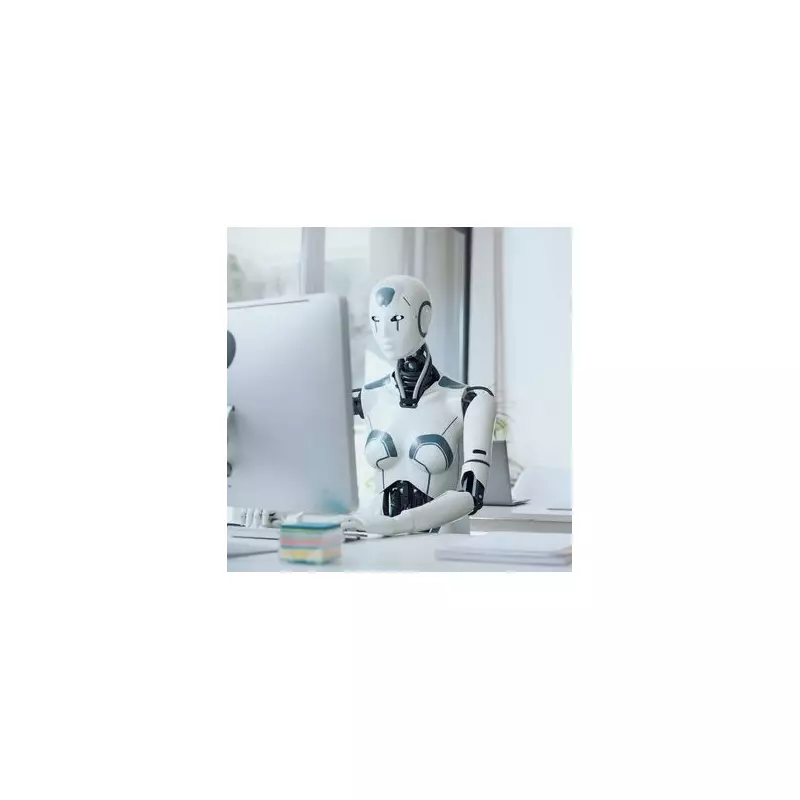
A seismic shift is coming to the UK workforce that could leave millions of workers displaced, according to shocking new government research. Nearly half of all British jobs face potential replacement by artificial intelligence systems in what experts are calling the biggest workplace transformation since the Industrial Revolution.
The Stark Numbers Behind the AI Takeover
The Department for Education's comprehensive analysis reveals that approximately 44% of UK workers are employed in roles with "high potential for automation" through AI technologies. This isn't science fiction—it's a reality that could unfold within the coming years as companies race to implement cost-cutting artificial intelligence solutions.
Which Professions Face the Greatest Threat?
Contrary to popular belief, it's not just manual labour at risk. The research identifies several white-collar professions as particularly vulnerable:
- Administrative roles - from office managers to clerical staff
- Customer service positions - including call centre operators
- Entry-level professional services - paralegals, junior accountants
- Data analysis and reporting positions
These roles share common characteristics that make them prime targets for AI replacement: repetitive tasks, pattern recognition requirements, and data processing responsibilities.
The Silver Lining: AI-Resistant Careers
Not all professions face the same level of threat. The study identifies several categories with lower automation potential:
- Healthcare professionals - doctors, nurses, and care workers
- Creative industries - artists, designers, and writers
- Skilled trades - plumbers, electricians, and construction workers
- Senior management and strategic roles
These positions require human judgment, emotional intelligence, and complex problem-solving skills that current AI systems struggle to replicate.
Navigating the Transition: Skills for the Future
As the workplace evolves, workers must adapt. The research emphasises the growing importance of developing "AI-complementary skills" rather than competing directly with artificial intelligence. These include:
- Critical thinking and complex problem-solving
- Emotional intelligence and interpersonal skills
- Creativity and innovation
- Digital literacy and technological adaptability
The Department for Education warns that both employers and educational institutions must urgently address this skills gap to prepare the British workforce for the AI revolution.
While the findings paint a concerning picture, they also serve as a crucial wake-up call for policymakers, educators, and business leaders to collaboratively shape a future where humans and AI can work productively together, rather than in competition.





